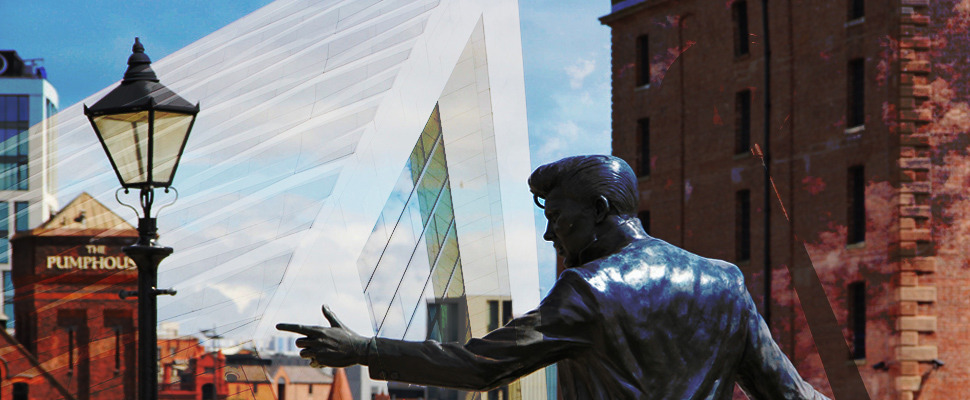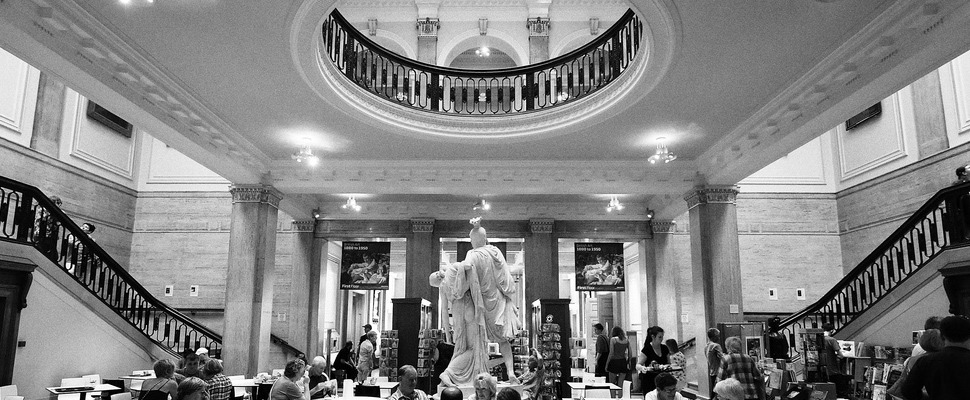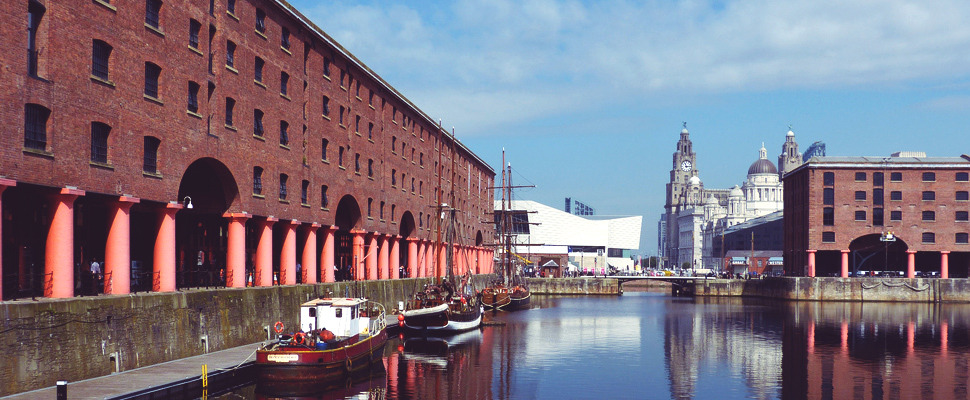Virgin Trains talks to SevenStreets
Last train to London? SevenStreets talks to Virgin boss, Tony Collins, about their judicial review. But is it too late to call a halt to FirstGroup's ambitious plans?
As you’ll probably know by now, Virgin Trains isn’t going down without a fight. The franchisee, set to lose its licence to operate the UK’s lucrative west coast line, is launching a legal challenge over the recent franchise bid, won by First Northern.
They claim the Government, specifically Transport Secretary Justine Greening “acted unlawfully”, “irrationally” and in contravention of EU law when she handed the £13.3bn West Coast rail contract to FirstGroup.
It was, universally, a decision met with shock and outrage by those who use the service - including, dare we say it, celebs. Yes, they use the train too. Stephen Fry was positively lost for words (well, not quite, he tweeted: “Something dodgy about Virgin losing their franchise?”). And Dermot O’Leary, popping up here for X Factor nonsense, has admitted to falling in love with Virgin Trains’ service - and uniforms.
In Liverpool, the decision has slightly more serious ramifications: Virgin is our hotline to Runcorn. And London, too.
“We love Liverpool and we’ve been proud to serve the city,” Virgin Trains’ CEO Tony Collins tells SevenStreets.
“We’ve collaborated closely with the cultural community over the years, from supporting the amazing Capital of Culture to this year’s hotly anticipated 2012 Biennial,” he says, of the company’s sponsorship of many of the city’s hot ticket events over the past decade or so.
The Virgin Group’s ties with Liverpool are deep and strong - Richard Branson (who owns 51% of Virgin Trains, with 49% belonging to Stagecoach) set up his first Virgin Records shop outside of London here, up Bold Street, in 1973.
If pushed, Branson would admit to being more passionate about his train company than Mike Oldfield’s difficult second album. “The West Coast Mainline has been transformed from a public liability into a valuable asset for the UK, worth many billions of pounds,” he says. “The service is a British success story and one to put up against rail companies around the world.”
On paper, FirstGroup’s price - an extra £2.3bn cash over the life of the contract - seems hard to resist (‘a good deal for taxpayers’ trumpeted Greening). But Virgin says these numbers, including a forecast annual revenue growth of 10.4pc versus Virgin Rail’s 8.5pc, just don’t stack up.
“Most of FirstGroup’s payments are loaded to the contract’s end, increasing the risk over whether they will ever be made – and meaning Virgin Rail’s bid is the better for the taxpayer until 2022,” Collins adds.
In its legal challenge, Virgin Rail suggests that the Government didn’t use the ‘same methodology’ to assess FirstGroup’s bid as it did to examining its own: that it “assessed FirstGroup’s bid by reference to a much less exacting standard of risk-mitigation… and has done so without any explanation or justification”.
If this is the end of the line for Virgin, it will be a sad day indeed for Liverpool-based commuters, and for those hundreds of thousands coming here for work, pleasure or study. It will, says Tony Collins, mark the end of a special relationship too.
“We’ve worked well with the great team at the Arena and Convention Centre to contribute to its fantastic success and, importantly for a major tourist destination, introduced good weekend services,” Collins says. “We know Liverpool is the UK’s most visited city break destination after London and Edinburgh.”
What, we asked, was his reaction when he heard the news?
“We wanted to continue serving Liverpool over the coming years, but the Department for Transport decided otherwise,” he says.
“We’re genuinely concerned that the bid from First Group is undeliverable and that it will not be able to keep up its payment to government – leading to the kind of franchise walk-away the has damaged the East Coast route,” Collins adds, referring to the debacle at the other end of the M62.
There, both winners - GNER and National Express - over-promised in order to win the franchise and spectacularly ran into financial difficulties in trying to deliver their plans. The Government now effectively runs the service, which is outdated and underinvested.
“We’ve reluctantly decided to take legal action to open up the Department’s processes to scrutiny. In the meantime I’d encourage anyone worried about future services to sign the e-petition on the Downing Street website and add your voice to the tens of thousands of people calling for a review,” Collins says.
Virgin’s service isn’t perfect. We know that, and prices for on the day tickets are staggering. But we do see the investment, the punctuality, the refreshed and improved train interiors, and the lightening fast morning bullet service to London, and we’re loathe to risk losing it to an operator with a decidedly poor track record in customer service.
Industry insiders say there is a high likelihood FirstGroup will have to “hand back the keys” to the franchise it’s set to end in 2026. Richard Branson calls the decision ‘insanity’. The judicial review, the first legal challenge of its kind in the rail industry, is being considered by the courts. The Department of Transport say: “We will fight these claims robustly and show clearly that these allegations by Virgin and their business partners Stagecoach are ill- founded and misconceived.”
Can Virgin’s 400 pages of legal argument stop the deal, or has the train already left the station. Keep your eyes on Platform 7 at Lime Street…

























» City Living » Virgin Trains talks to SevenStreets
3